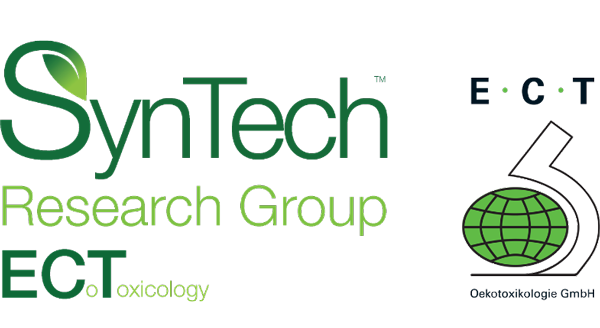PREMIER database on environmental risk assessment of pharmaceuticals launched
The Innovative Medicines Initiative (IMI) project ‘Prioritisation and risk evaluation of medicines in the environment’ (PREMIER) has launched its database on environmental risk assessment of pharmaceuticals. The PREMIER database is an open platform to support science-based decisions during the assessment of potential risks of pharmaceuticals in the aquatic environment. ECT is involved in PREMIER as […]


 K. Duis
K. Duis K. Duis, M. Weil
K. Duis, M. Weil K. Duis, M. Weil
K. Duis, M. Weil D. Leib
D. Leib


 T. Junker
T. Junker